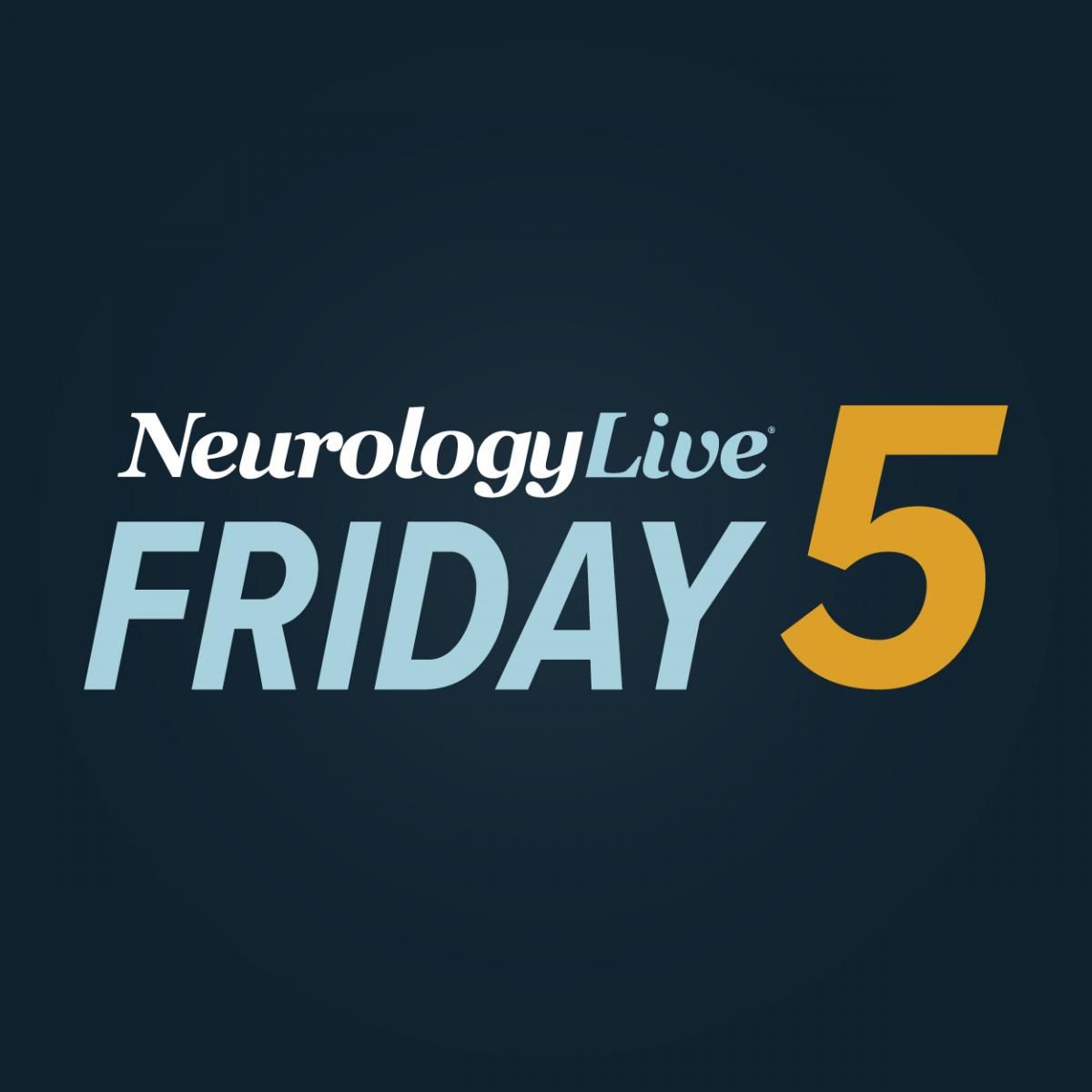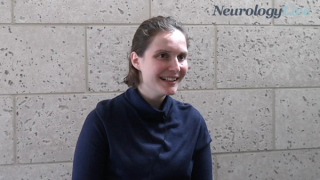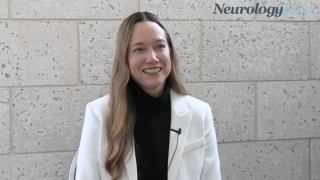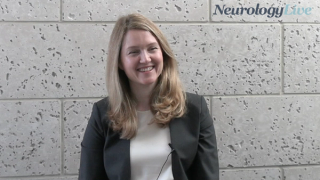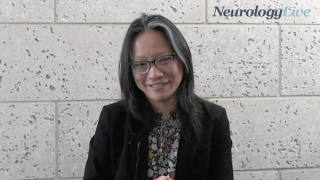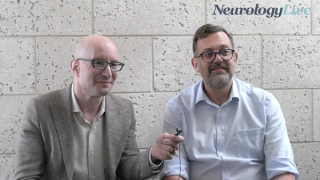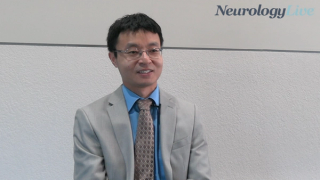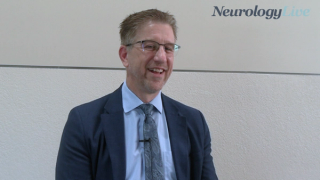
MS and Demyelinating Disorders
Latest News
Latest Videos

CME Content
More News

Test your neurology knowledge with NeurologyLive®'s weekly quiz series, featuring questions on a variety of clinical and historical neurology topics. This week's topic is on limb girdle muscular dystrophy.

Take 5 minutes to catch up on NeurologyLive®'s highlights from the week ending Aprl 5, 2024.

Mind Moments®, a podcast from NeurologyLive®, brings you an interview with Francesco Saccà, MD, PhD. [LISTEN TIME: 18 minutes]
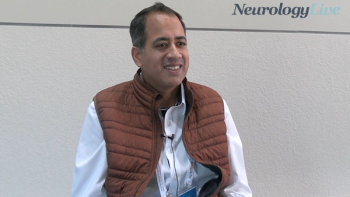
The professor of neurology at Johns Hopkins Medicine discussed the limited impact of current therapies on retinal atrophy rates in progressive multiple sclerosis at the 2024 ACTRIMS Forum. [WATCH TIME: 5 minutes]

Elizabeth Miller, MA, the manager of health literacy at the National MS Society, discussed the impact of health literacy in the multiple sclerosis community.

The associate professor of neurology at the University of Naples discussed a recently enrolled study assessing the use of dimethyl fumarate, an approved therapy for relapsing MS and psoriasis, in patients with Friedreich ataxia.
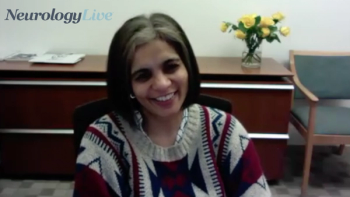
The associate professor of clinical neurology at Weill Cornell Medicine discussed the progress made in multiple sclerosis in terms of expanding access to therapies and the challenges that persist for progressive forms of the disease in the field. [WATCH TIME: 10 minutes]

Overall, the data empower the potential of CAR-T cell therapy for patients with advanced multiple sclerosis that are refractory to conventional antibody-mediated B cell depletion.
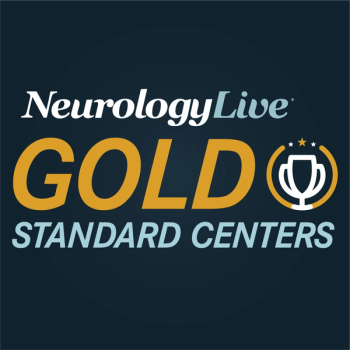
Advancements in the detection and care of multiple sclerosis have led to improved diagnosis rates and a more multidisciplinary approach to treating the autoimmune disorder.

Here's some of what is coming soon to NeurologyLive® this week.

As part of our monthly clinician spotlight, NeurologyLive® highlighted multiple sclerosis expert Scott Newsome, DO, MSCS, FAAN, FANA, director of the Stiff Person Syndrome Center and professor of neurology at Johns Hopkins Medicine.

Test your neurology knowledge with NeurologyLive®'s weekly quiz series, featuring questions on a variety of clinical and historical neurology topics. This week's topic is multiple sclerosis and MS mimics.
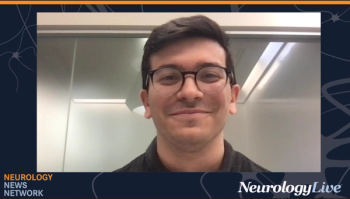
Neurology News Network. for the week ending March 30, 2024. [WATCH TIME: 3 minutes]

Take 5 minutes to catch up on NeurologyLive®'s highlights from the week ending March 29, 2024.
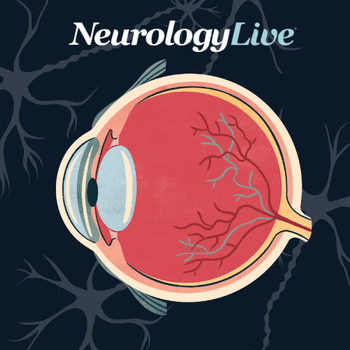
Newly approved treatments in neuromyelitis optica spectrum disorder have shown efficacy in recent years, yet unaddressed concerns voiced by clinicians and patients living with the disease remain.
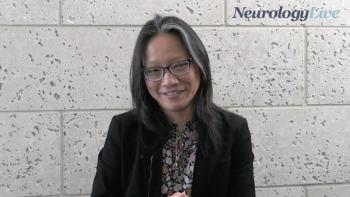
The director of the Multiple Sclerosis Program at the Cleveland Clinic’s Lou Ruvo Center for Brain Health discussed findings from a study that compared cognitive profiles between patients with multiple sclerosis and Alzheimer disease. [WATCH TIME: 5 minutes]

The approval is supported by phase 3 data which showed ravulizumab-cwvz met its primary end point of time to first on-trial relapse, with no relapses observed in 58 patients with NMOSD over a median treatment duration of 73 weeks.
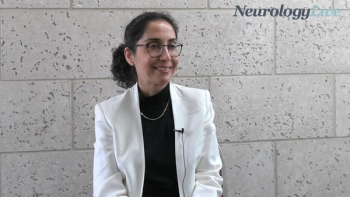
The assistant professor of neurology at Johns Hopkins Medicine talked about recent research that suggests activating the NLRX1 pathway could offer neuroprotection in multiple sclerosis. [WATCH TIME: 5 minutes]

Here's some of what is coming soon to NeurologyLive® this week.
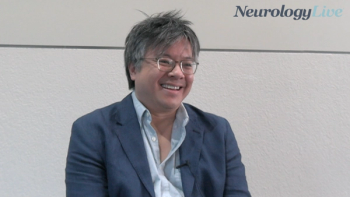
The associate professor of biology at Georgetown University talked about how immune cells can communicate with brain cells to enhance repair processes, which may offer potential treatment targets for multiple sclerosis. [WATCH TIME: 5 minutes]

In a paradigm with many options, once multiple sclerosis is confirmed as a patient’s diagnosis, physicians are left with 1 question: What do we choose for long-term treatment?

Test your neurology knowledge with NeurologyLive®'s weekly quiz series, featuring questions on a variety of clinical and historical neurology topics. This week's topic is movement disorders and multiple system atrophy.

Transgender and gender-diverse patients have unique neurological considerations, but often, neurologists are unaware of the needs that are specific to this community.

Take 5 minutes to catch up on NeurologyLive®'s highlights from the week ending March 22, 2024.
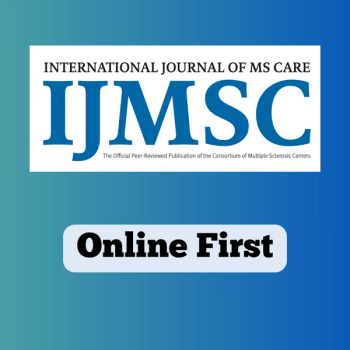
Here's the latest multidisciplinary MS research published online first in the International Journal of MS Care.

